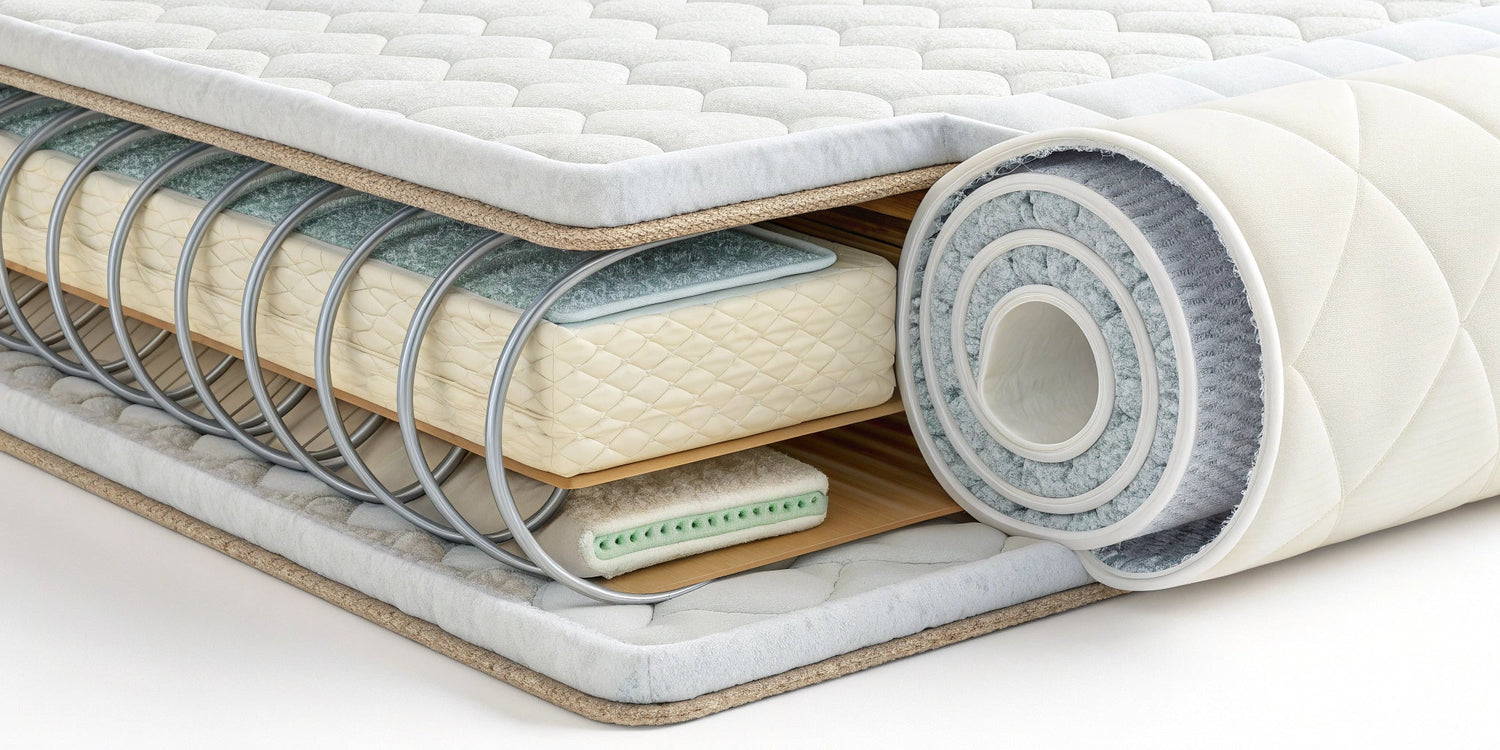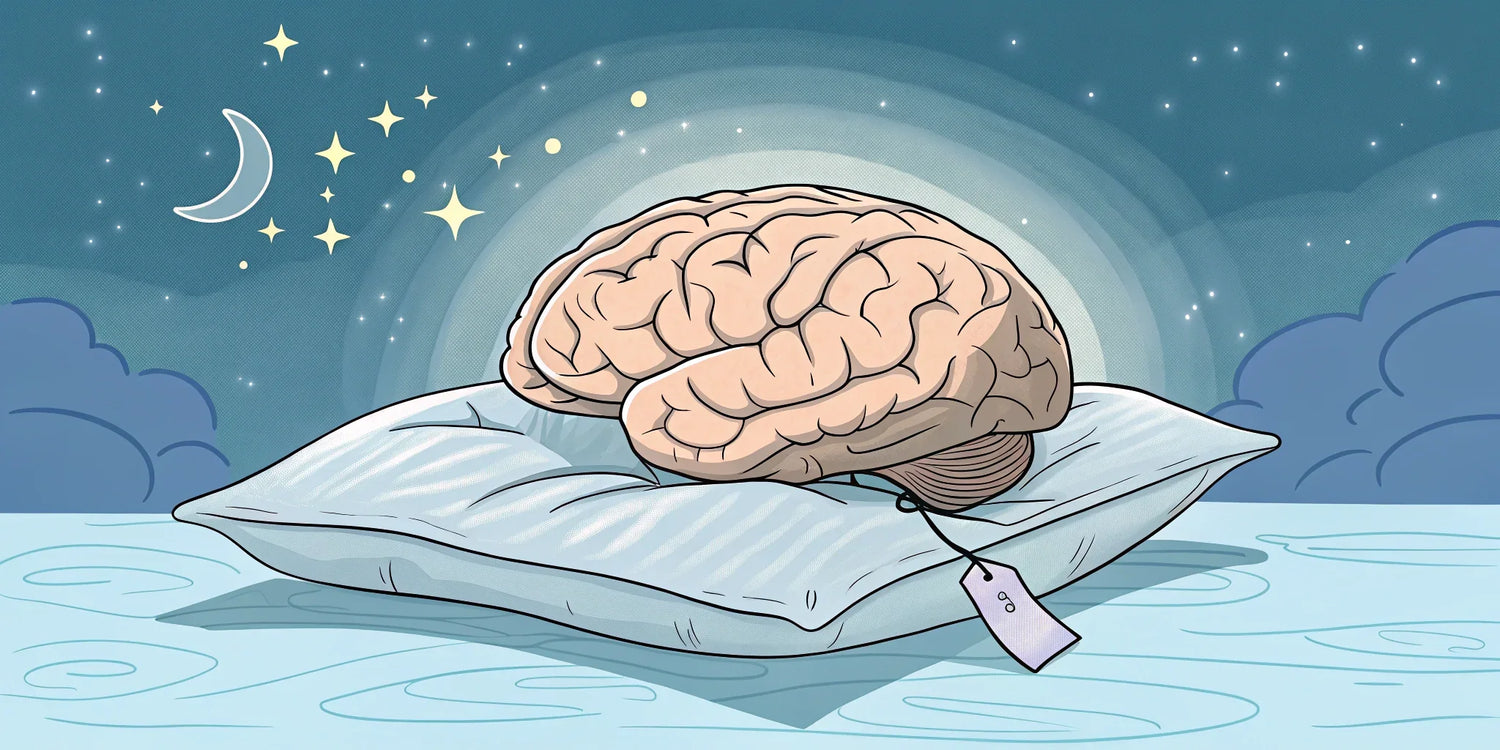Do you often wake up feeling stiff or aching, despite a full night’s rest? If you suffer from chronic back pain, your sleep may be part of the problem—and the solution. Let’s explore why restful nights play a crucial role in managing back pain and how improving sleep can help you regain comfort and mobility.
Understanding Chronic Back Pain
Chronic back pain refers to persistent discomfort or aching in the back that lasts for at least 12 weeks, even after an initial injury or underlying cause has been treated. Unlike acute pain that signals an immediate issue, this ongoing pain lingers, affecting your daily activities, work, and quality of life. Research shows that millions struggle with chronic back pain, making it one of the most common health complaints worldwide.
The Physical and Emotional Toll
Living with chronic back pain doesn't only impact your body—it also interrupts routines, reduces productivity, and strains relationships. As your sleep suffers, so can your mood, resilience, and overall well-being. Many individuals find themselves in a discouraging cycle: pain disrupts sleep; poor sleep worsens pain.
How Sleep Affects Back Pain
Quality sleep is essential for physical healing and mental recovery. But how does sleep specifically influence chronic back pain?
- Tissue Repair and Recovery: During deep sleep, the body repairs muscles, ligaments, and nerves. If you’re not getting restorative sleep, these crucial repair processes get delayed.
- Pain Thresholds: Poor sleep lowers your body’s pain threshold, making you more sensitive to discomfort.
- Inflammation: Lack of sleep may boost inflammatory chemicals in your body, which can intensify existing back pain conditions.
- Muscle Tension: Restless sleep or uncomfortable positions can cause muscles to tense, increasing soreness upon waking.
The Cycle of Pain and Sleeplessness
Not only does pain rob you of rest, but inadequate sleep also amplifies how you perceive pain. Studies have found that even one sleepless night can ramp up pain sensitivity the next day. Over time, this cycle can become a significant barrier to healing.
Sleep Disorders Linked with Chronic Back Pain
Several sleep disorders often go hand-in-hand with chronic back pain. Insomnia is the most common, with many sufferers struggling to both fall and stay asleep. Conditions like sleep apnea and restless leg syndrome can also disrupt the restorative stages of sleep, leading to more intense pain upon waking.
Insomnia and Pain Perception
Insomnia increases psychological stress and decreases pain tolerance, creating a double burden for those with back pain. When nights are restless, days become more challenging—making it even harder to cope with chronic discomfort.
Nighttime Awakenings
Frequent tossing, turning, or waking up in pain reduces your chances of spending enough time in each sleep stage, particularly deep sleep and REM. Over time, these disturbances further diminish your body’s ability to heal and regulate pain.
Why Sleeping Position Matters
The way you sleep can either soothe or aggravate chronic back pain. While everyone has their preferred position, certain habits may put extra pressure on sensitive areas.
- Stomach Sleeping: Lying on your stomach forces your spine into an unnatural curve and often twist your neck, which can worsen pain.
- Side Sleeping: Sleeping on the side with a pillow between the knees helps maintain spinal alignment and reduces stress on the back.
- Back Sleeping: Lying on your back with a pillow under your knees can support your spine’s natural curve.
Adjusting your sleep posture could make a noticeable difference in how you feel each morning.
The Role of Mattresses and Pillows
A supportive sleep environment is essential for those battling chronic back pain. The right mattress and pillow can distribute body weight evenly, reduce pressure points, and help maintain spinal alignment.
- Mattress Firmness: Medium-firm mattresses usually work best for most back pain sufferers, providing enough support without sacrificing comfort.
- Pillow Choice: Pillows should support your head and neck in a neutral position. Specialty pillows can help accommodate specific sleeping positions or target trouble areas.
- Mattress Age: An old, sagging mattress can contribute to misalignment and discomfort. Consider replacing your mattress every 7-10 years or sooner if it no longer supports your body.
Investing in quality bedding may improve your sleep—and, ultimately, lessen the severity of your back pain.
Healthy Sleep Habits for Pain Relief
To break the pain-sleep cycle, building good sleep hygiene is vital. Here are some suggestions that can make it easier to fall and stay asleep, even if you’re living with chronic back pain:
- Stick to a Sleep Schedule: Go to bed and wake up at the same times daily, even on weekends.
- Limit Screen Time: Avoid blue-light emitting devices for at least an hour before sleep.
- Create a Relaxing Routine: Gentle stretching, a warm bath, or deep breathing can signal your body it’s time for rest.
- Avoid Heavy Meals and Caffeine Late in the Day: Both can disrupt your ability to fall and stay asleep.
- Keep Your Bedroom Cool and Dark: A comfortable, quiet environment helps your body relax and stay asleep.
Pain Management Techniques Before Bed
- Gentle Exercise: Light stretching, yoga, or short walks can reduce muscle tension.
- Mindfulness or Meditation: Practicing relaxation techniques aids in unwinding both mind and body.
- Over-the-Counter Options: For temporary relief, consult your healthcare provider about using safe, non-habit-forming remedies.
When to Seek Help
If chronic back pain and poor sleep persist despite your efforts, it’s essential to consult a medical professional. Physical therapists, sleep specialists, and pain management experts can help pinpoint underlying causes and design a tailored approach.
Signs to Watch
- Severe pain that doesn’t respond to self-care
- Neurological symptoms like numbness or weakness
- Trouble sleeping for several weeks or more
- Significant impact on mood or daily activities
Early intervention can prevent pain from becoming harder to manage and improve your overall sleep quality.
Lifestyle Changes That Support Recovery
Beyond improving sleep hygiene, adopting other healthy habits can further reduce chronic back pain:
- Stay Active: Regular, low-impact exercise—such as swimming, walking, or cycling—strengthens muscles and improves flexibility.
- Watch Your Weight: Extra pounds add pressure to your spine, increasing pain risk.
- Manage Stress: Chronic tension can tighten muscles and worsen discomfort. Try journaling, mindfulness, or talking with supportive friends.
- Avoid Smoking: Nicotine impairs blood flow to spinal tissues and slows healing.
These step-by-step changes work together to build resilience, help you sleep better, and ease chronic back pain over time.
Conclusion
Your journey to overcoming chronic back pain may start with a good night’s rest. By focusing on sleep quality, healthy habits, and the right support, you can break the pain cycle and take meaningful steps toward relief. Consider small changes tonight for a happier, healthier back tomorrow.


